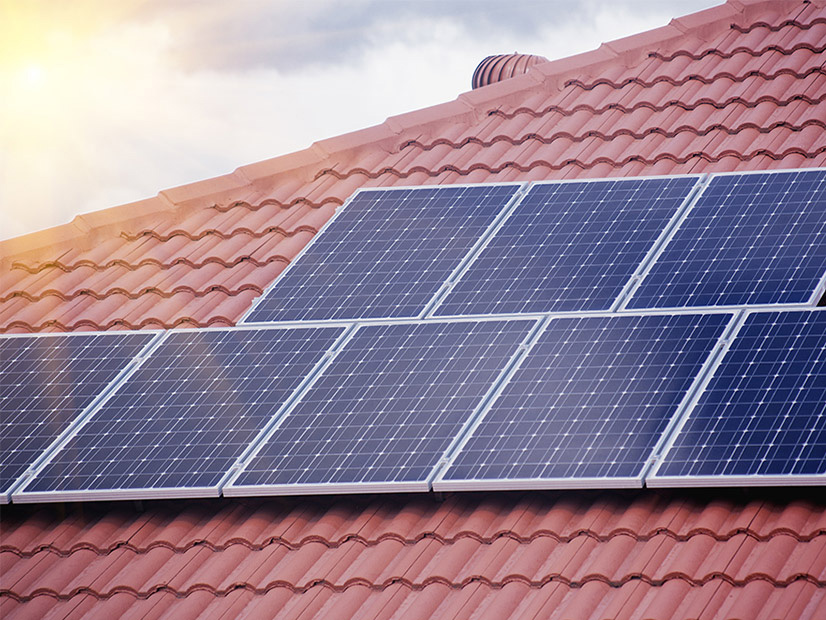NYISO asked FERC last week to reject protests by state regulators and clean energy groups over the ISO’s proposal for integrating distributed energy resource aggregations into its markets, defending its call for a 10-kW minimum for participation (ER23-2040).
In June, NYISO proposed a 10-kW minimum capability for individual DER participation in aggregations, along with new metering and telemetry requirements for DERs. (See “DER Revisions,” NYISO CEO Delivers ‘State of the Grid’ to Management Committee.)
The ISO said the 10-kW minimum was needed to save staff time reviewing aggregations for interconnection and enabling it to integrate new software and procedures without significant hassle.
But the New York Public Service Commission, Advanced Energy Management Alliance and Advanced Energy United said the ISO’s proposals were unclear and ran afoul of FERC Order 2222 and that more time was needed to evaluate their impact.
In a joint protest, AEMA and AEU took exception to several of NYISO’s proposals, including limiting the ability to use a third-party meter service in homogeneous aggregations, eliminating bid-based and locational-based marginal price-based reference prices, and the transition mechanisms through which transmission operators will upgrade their system to allow DER aggregations.
The two organizations were most concerned about the proposed 10-kW minimum requirement, calling it “fundamentally at odds with FERC’s findings in Order No. 2222.”
“Other wholesale markets, such as ERCOT, have developed rules that allow residential scale participation,” they said. Despite pledging a “goal” to accommodate small DERs, NYISO’s “filing gives no commitment or timeframe to do so,” the groups said.
“Failing to allow such resources to provide wholesale services they are technically capable of providing absent an arbitrary and unjustified minimum capacity requirement is unjust and unreasonable and presents an undue barrier to market participation that will undermine competition and reliability to the detriment of customers,” they added.
The PSC was also concerned about the 10-kW proposal, saying in its protest that the requirement was “unduly restrictive and inconsistent with the directives of Order No. 2222.”
The ISO responded that it “has spent more than 15 months working with its stakeholders to develop the business practice manual provisions that detail how the DER and aggregation participation model will be implemented.”
While saying it was “sympathetic” to stakeholder concerns, the ISO said their proposed remedies would be administratively burdensome and could further delay the introduction of DER aggregations into its markets.
The ISO has requested FERC rule on its proposal by July 31, saying it hopes to implement DER aggregation as early as Aug. 1.

